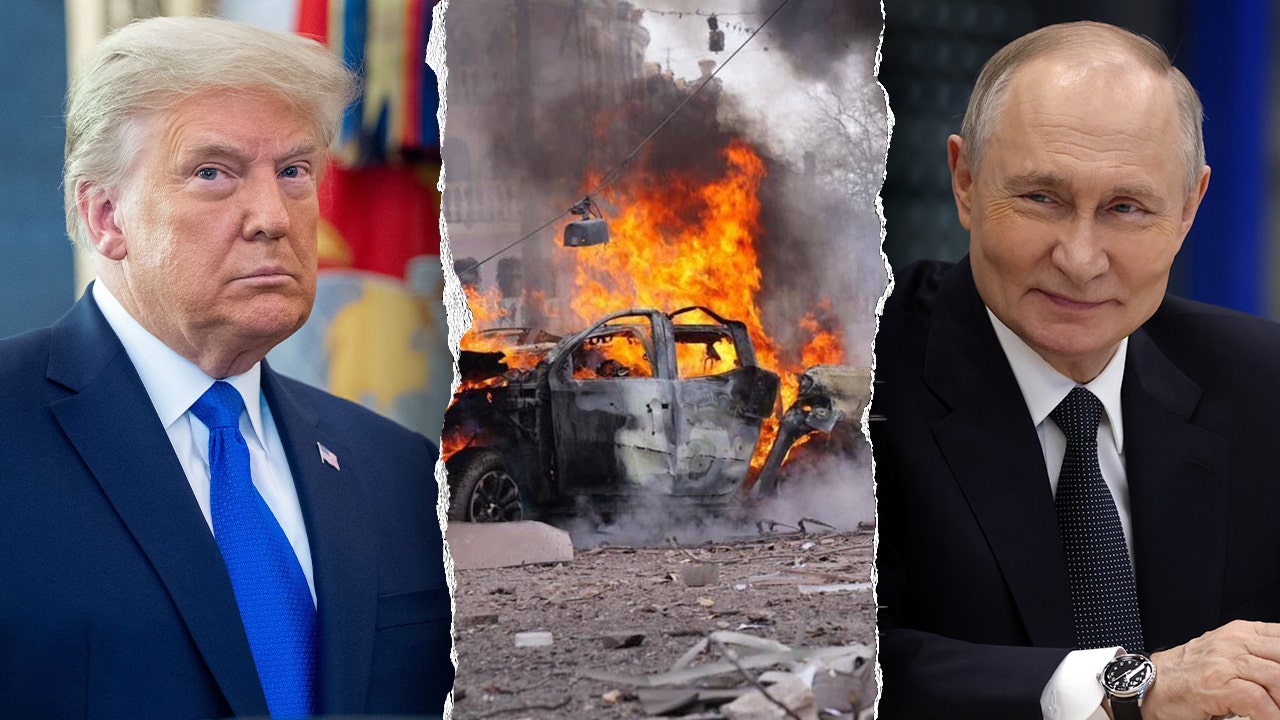Trump could face renewed ISIS threat in Syria as US warns group ‘loves vacuums’

The fall of the Bashar al-Assad regime in Syria has sparked concerns over a potential resurgence of the Islamic State, as attacks on U.S.-aligned Syrian Democratic Forces (SDF) increase. President-elect Donald Trump may soon face another battle against the extremist group, as the SDF finds itself threatened not only by ISIS but also by Turkish-backed forces.
The SDF recently reported the deaths of five soldiers in attacks by Turkish-backed forces in northern Syria, following the collapse of a cease-fire agreement brokered by the Biden administration. The U.S. and the SDF are now focused on countering ISIS, with National Security Advisor Jake Sullivan expressing concerns over the group’s potential return.
Sullivan highlighted the importance of supporting the SDF in keeping ISIS in check, especially in areas of Syria that have become ungoverned due to the fall of the Assad regime. However, the SDF is now facing threats from Turkey, which views the Kurdish-led coalition as a terrorist organization akin to the Kurdistan Workers Party (PKK).
Bill Roggio, a senior fellow at the Foundation for Defense of Democracies, warned that the absence of the SDF and the pressure on the Assad regime from Turkish proxies could pave the way for ISIS to expand. He predicted an increase in attacks against the SDF by Turkey, which sees an opportunity to destroy the Kurdish coalition.
The Biden administration has already taken significant steps to combat ISIS, conducting strikes on over 75 sites and targeting known leaders and operatives. The recent fall of Damascus and the takeover of Aleppo, Hama, and Homs by Hay’at Tahrir al-Sham (HTS) with the help of the Turkey-backed Syrian National Army (SNA) have further complicated the situation.
CENTCOM recently killed ISIS leader Abu Yusif in an airstrike in eastern Syria, where ISIS has reportedly seized weapons depots from the former Syrian military. SDF forces have also captured 18 ISIS terrorists and suspected collaborators near Raqqa, with the help of international coalition forces.
Despite these efforts, concerns remain high that the SDF could be overwhelmed by attacks from Turkey-backed forces, potentially dividing its operational abilities. This poses a challenge for the incoming Trump administration, which must prevent an ISIS resurgence while navigating complex relationships with Turkey and the new Syrian government.
As the situation in Syria continues to evolve, President Trump remains committed to reducing threats to peace and stability in the Middle East and protecting Americans at home. The fight against ISIS and the preservation of stability in the region will undoubtedly remain top priorities for the new administration.



